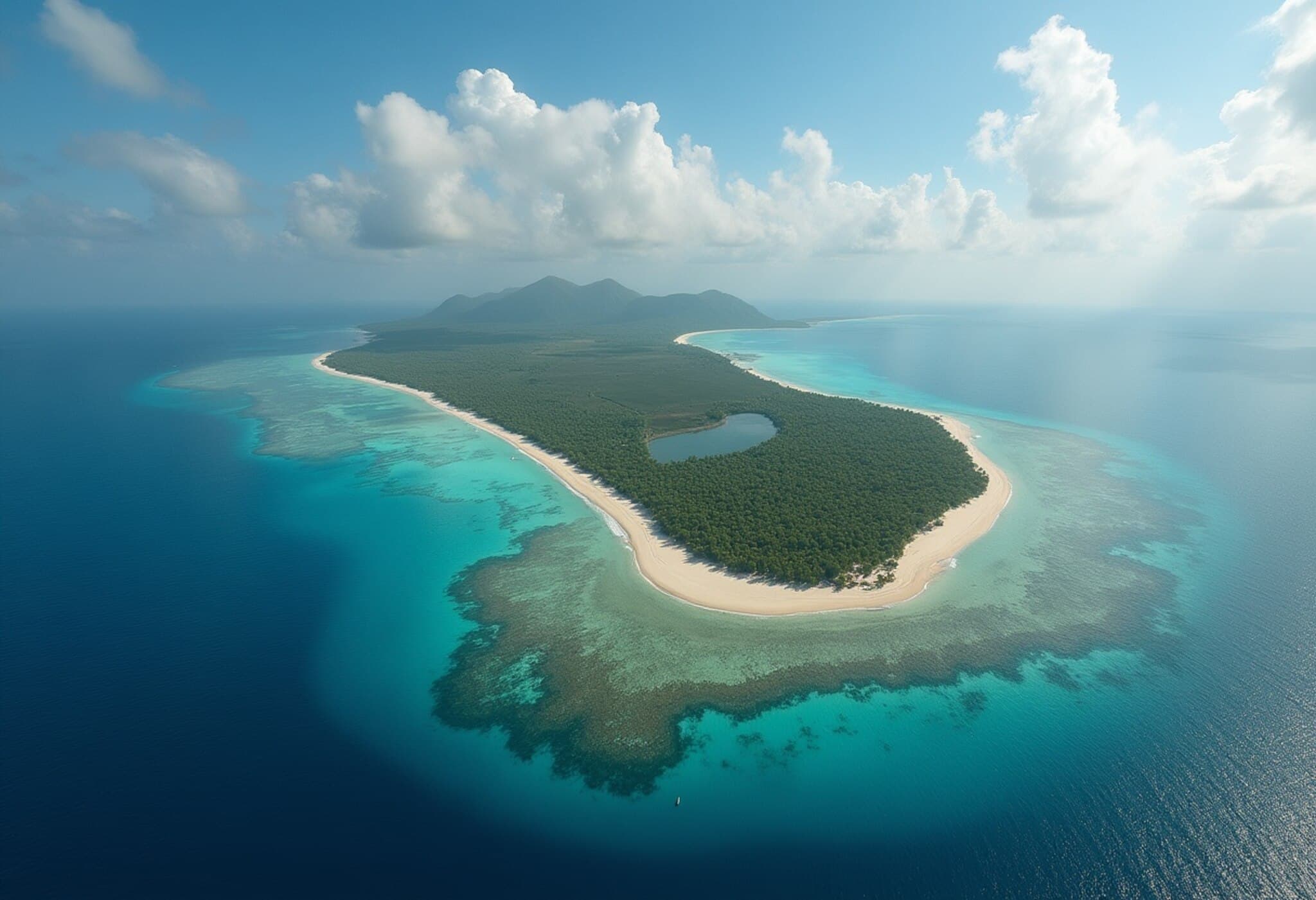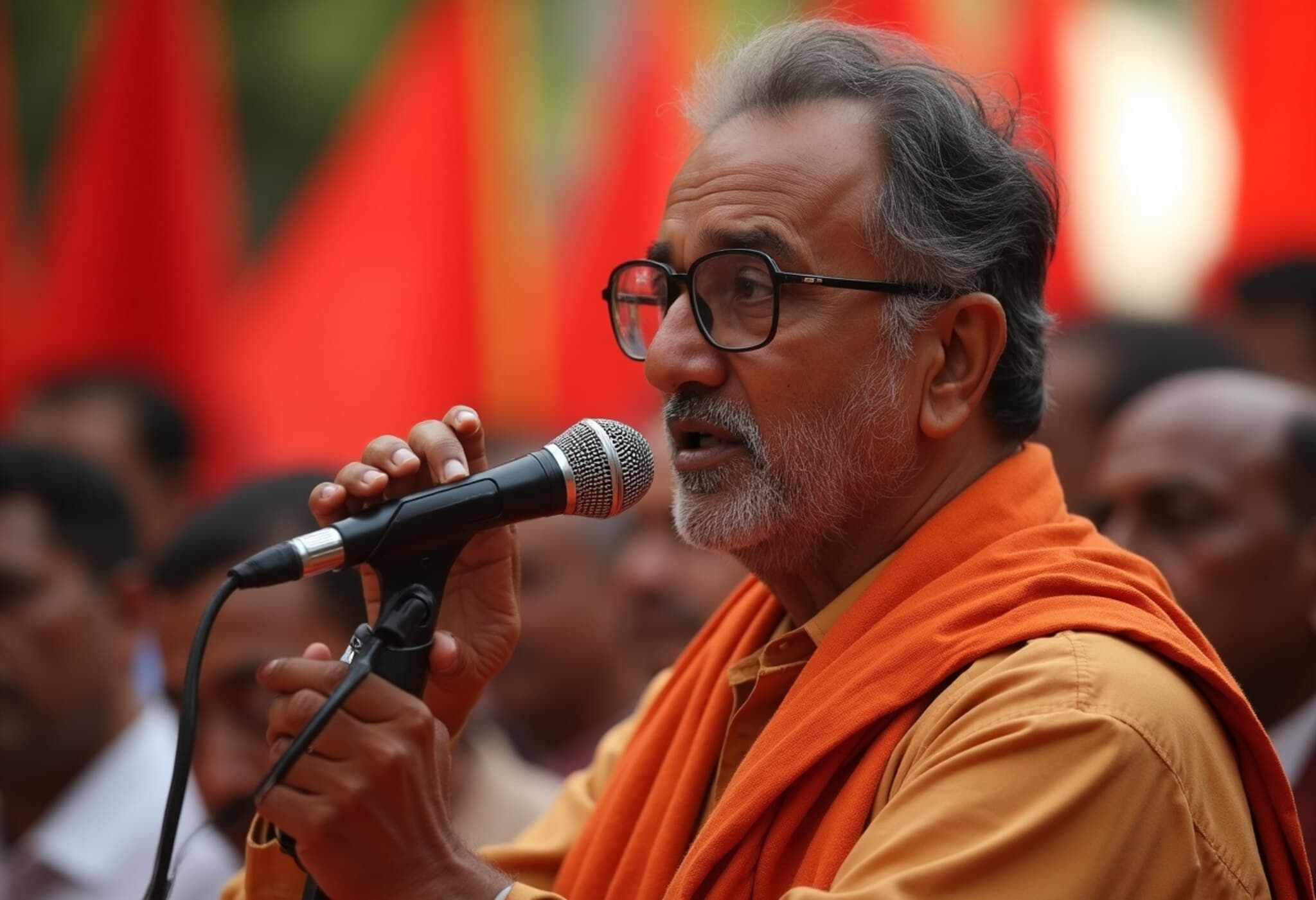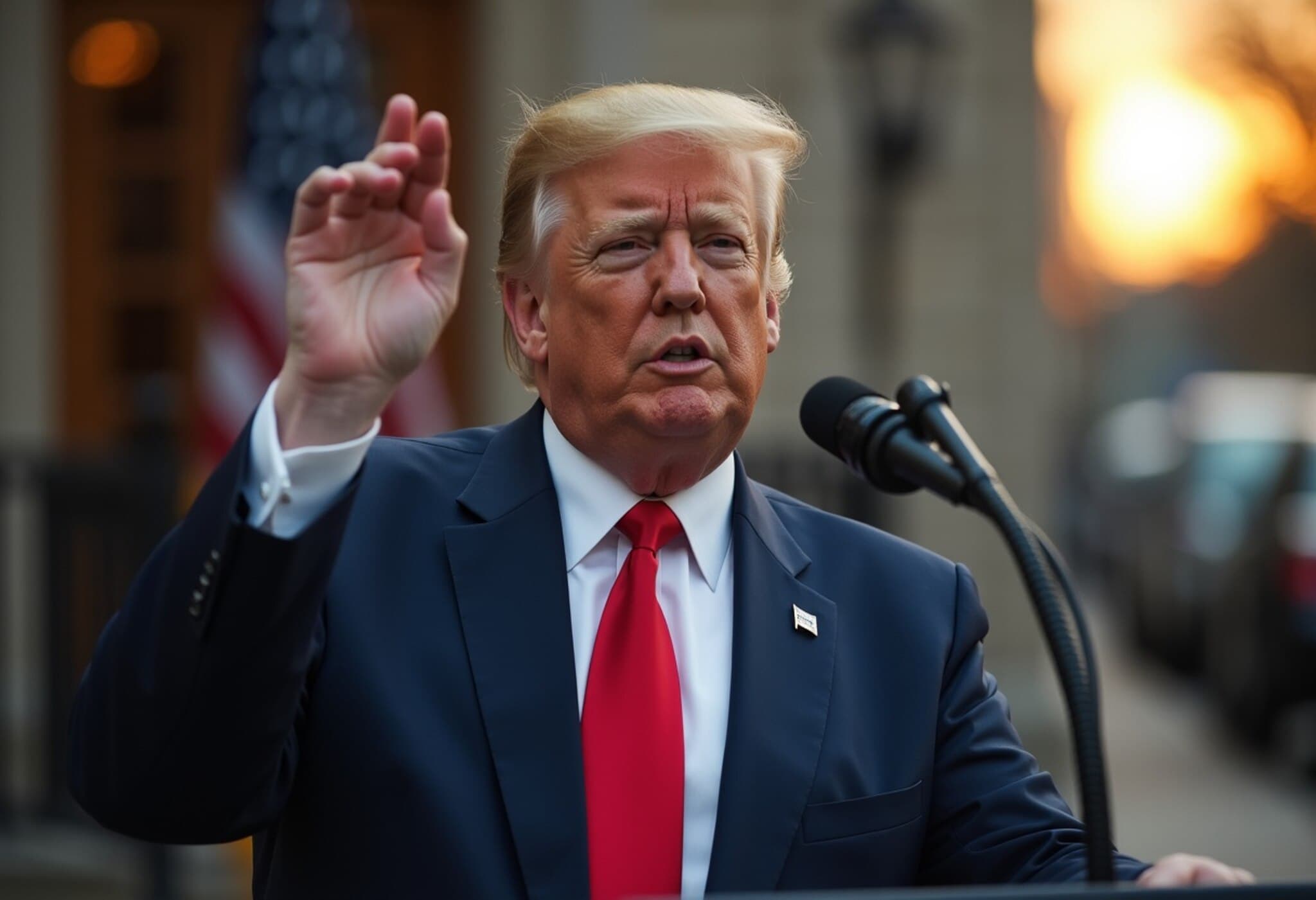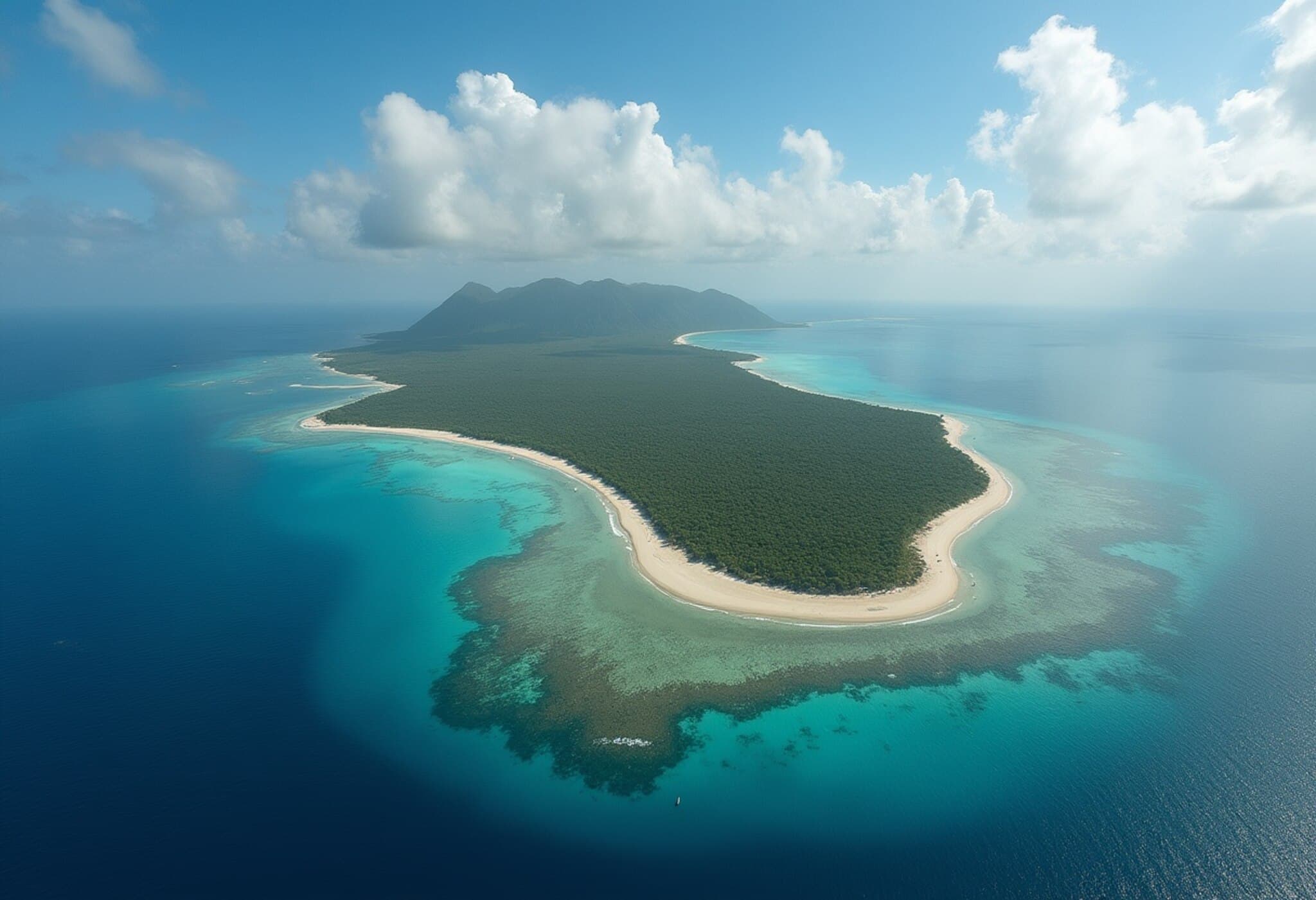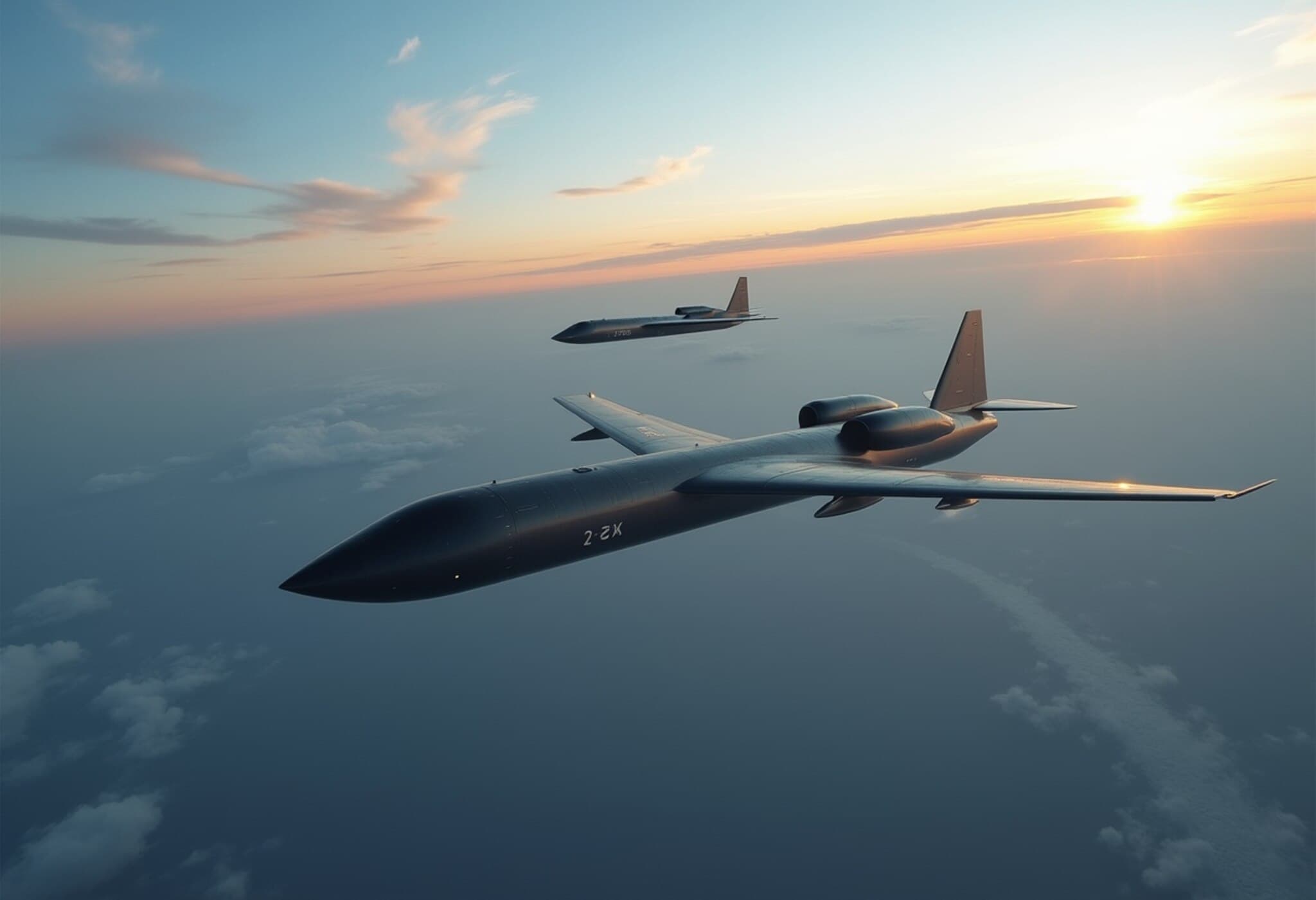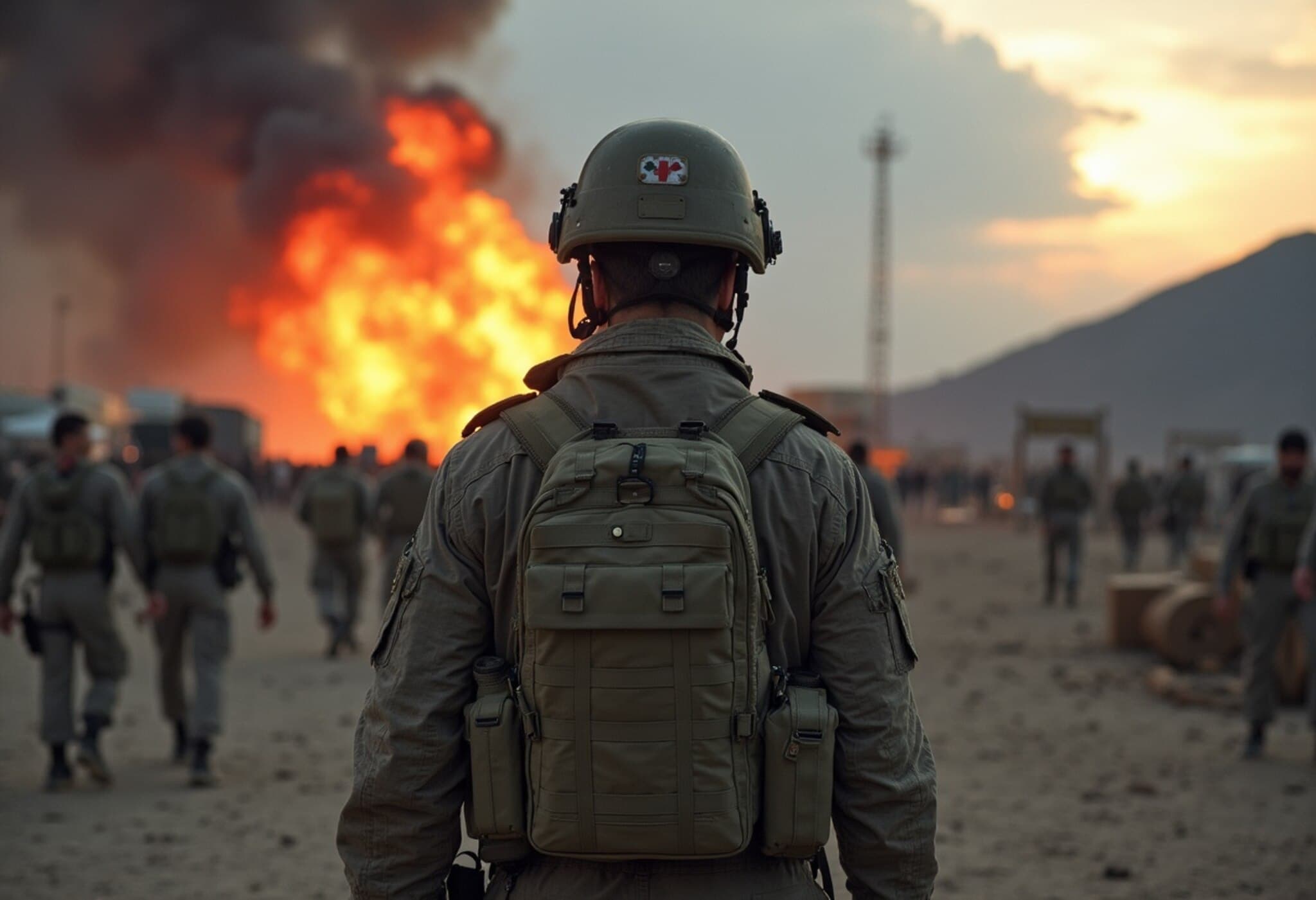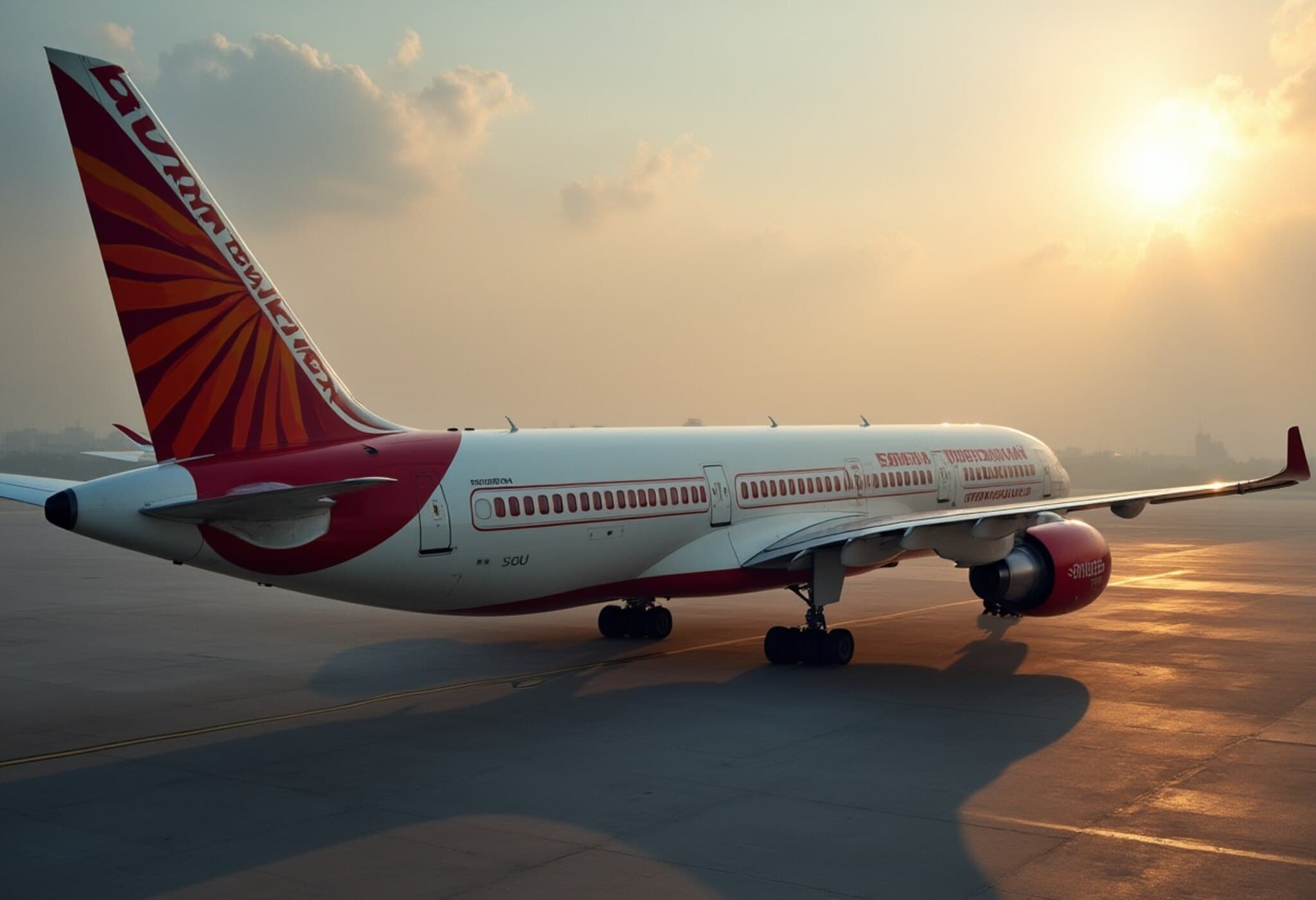UK-Mauritius Chagos Islands Deal Under Scrutiny
The recent £3.4 billion agreement between the UK and Mauritius to transfer sovereignty of the Chagos Islands has ignited a political debate. While the UK retains control of the strategic US military base on Diego Garcia, critics question the cost, purpose, and implications of this landmark deal.
Political Divides Over the Deal
During Prime Minister's Questions, Conservative leader Kemi Badenoch criticised the agreement, calling it "a terrible deal" and questioning why British taxpayers are effectively funding tax relief in Mauritius. She argued that the arrangement lacks real national security value despite government claims.
In response, Labour leader Sir Keir Starmer defended the transaction, highlighting its role in securing Diego Garcia's vital intelligence and strategic capabilities for the long term. He emphasised that the deal enjoys support from key allies including the US, NATO, Australia, New Zealand, and India, while being opposed by adversaries such as Russia, China, and Iran.
Mauritius’s Use of Funds
Mauritian Prime Minister Navin Ramgoolam revealed that the financial package tied to the Chagos deal would aid public debt reduction and enable sweeping tax reforms. Notably, 80% of workers in Mauritius are set to be exempt from income tax under the new budget, with revenue from the deal expected to support debt repayments during the first three years.
Legal and Human Rights Questions
The deal faced legal challenges, notably from some Chagossians seeking to halt the agreement. The UK High Court dismissed these attempts, clearing the way for the transfer. However, a UN Human Rights Council-appointed expert panel expressed concern over the insufficient involvement of Chagossians in the negotiations and urged a renegotiation to better protect their rights.
Philippe Sands KC, representing Mauritius, refuted claims that Chagossians were excluded, acknowledging divisions within the community but noting their participation. He explained that while the military base on Diego Garcia remains leased to the US, displaced Chagossians would gain resettlement rights on the archipelago’s outer islands — a point of grievance given their forced removal decades ago.
Long-Term Military and Strategic Implications
Negotiations surrounding the sovereignty of the Chagos Islands began under the previous Conservative government, with the current Labour administration finalising the deal. The UK will lease the Diego Garcia military base for 99 years, paying an initial £165 million annually for three years, then £120 million for the following decade, with inflation adjustments thereafter.
Though Conservatives dispute some cost figures, Sir Keir Starmer maintains an average expense of £101 million per year. The agreement is seen as securing Britain's strategic position in the Indian Ocean amidst growing global competition.
Geopolitical Ripples: A New Chapter in Indian Ocean Rivalry
Boost for India’s Strategic Influence
The handover of the Chagos Archipelago to Mauritius opens new doors for India’s maritime ambitions in the Indian Ocean. With Mauritius as a close ally and the US military presence continuing on Diego Garcia, India gains an indirect strategic position to counter China’s expanding footprint in the region.
India’s long-standing cultural and diplomatic ties with Mauritius, underscored by a large Indo-Mauritian population and bilateral investment, reinforce this advantage. The Indian government’s recent military infrastructure projects on nearby Agalega Island further deepen its regional reach.
China’s Growing Presence Raises the Stakes
On the other side, China is expanding its influence through infrastructure investments, trade agreements, and naval deployments across the Indian Ocean, including Mauritius. The island nation signed China’s first African Free Trade Agreement and has benefited from Chinese-funded projects, raising concerns about dual-use strategic capabilities.
Balancing Act for India and Global Powers
The transfer of sovereignty allows Mauritius to engage more actively in regional security dynamics, potentially enhancing India's role as a security provider. However, India must navigate complex relationships with both Mauritius and the US leaseholders on Diego Garcia while cautiously managing tensions with China.
Local sensitivities around displaced Chagossians add another diplomatic layer, requiring any strategic moves to align with broader human rights considerations.
The Broader Debate: Politics, Costs, and Public Sentiment
While supporters tout the Chagos deal as a boost for regional security and a step toward decolonisation, critics lament the economic burden placed on British taxpayers and question the strategic rationale. Skepticism also surrounds the long-term benefits for the UK amid growing international scrutiny.
Commentators highlight the irony of Britain effectively financing large-scale tax breaks overseas while domestic fiscal challenges persist. The deal has also become a political football amid ongoing partisan tensions, reflecting broader questions about the UK’s role on the global stage.
Looking Ahead
- The UK has secured a 99-year lease on Diego Garcia, ensuring continued military presence.
- Mauritius aims to use deal proceeds to lower public debt and reform tax policies.
- Human rights concerns regarding Chagossian resettlement remain unresolved.
- India’s influence in the Indian Ocean may grow as Mauritius gains sovereignty.
- China’s expanding footprint adds complexity to regional geopolitics.
As this multifaceted agreement unfolds, its implications for diplomacy, security, and economic policy will continue to reverberate across continents and political arenas.

